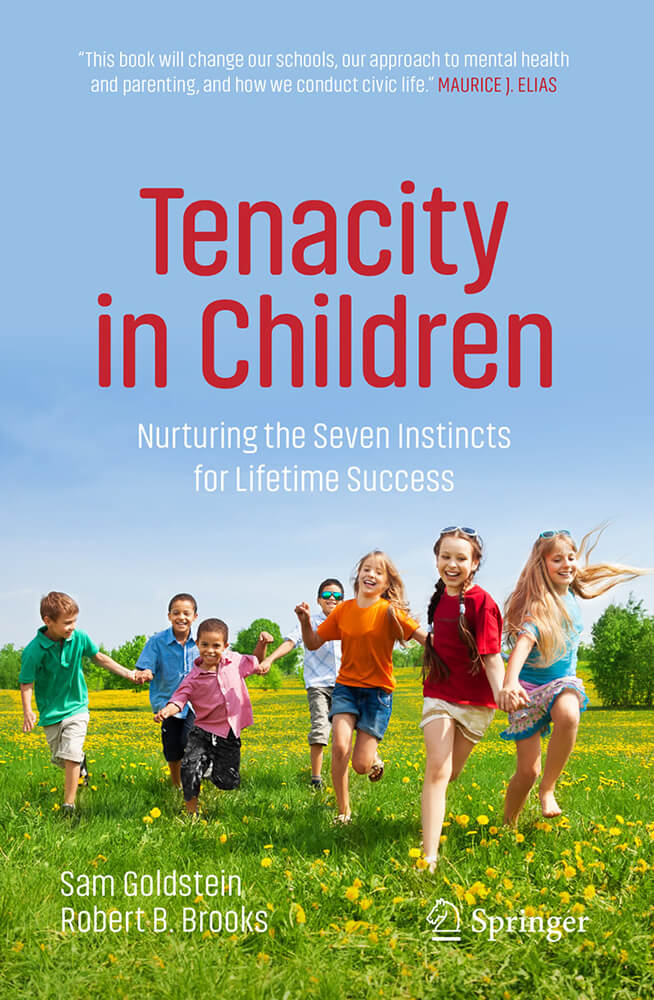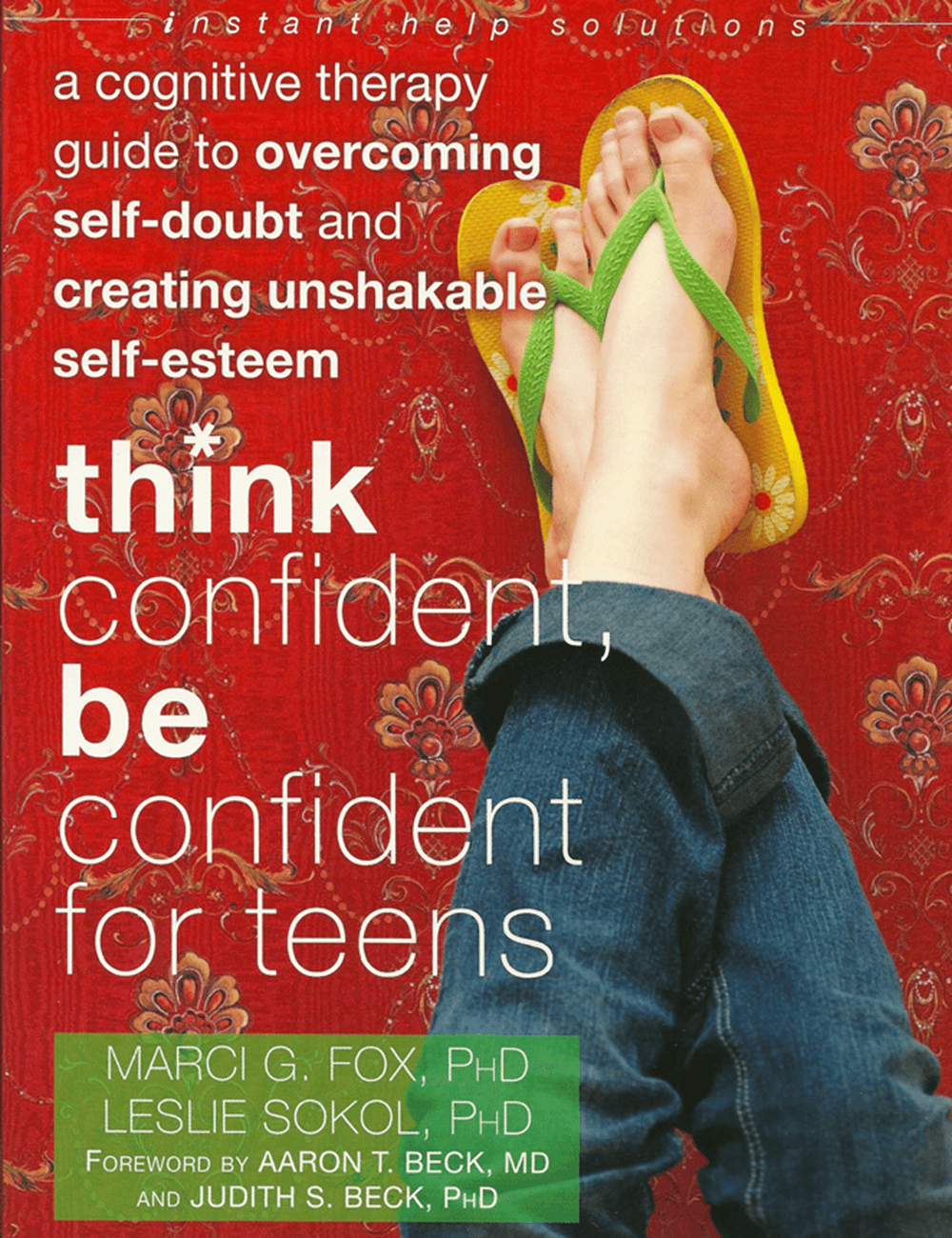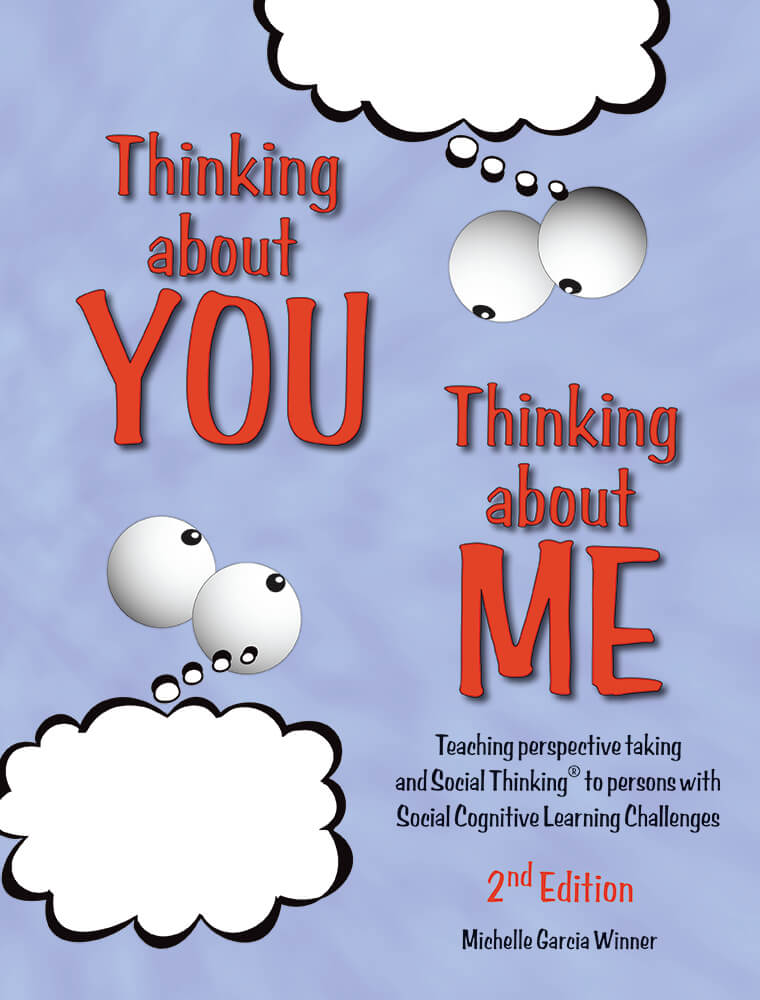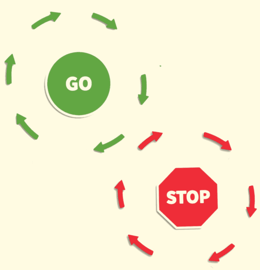© 2021 Think Social Publishing, Inc.
Identifying and reinforcing strengths in our students or clients is a well-accepted practice today among mental health and other professionals, especially since the emergence of the field of “positive psychology” in the late 1990s. But it was not in vogue years ago. As a psychologist trained in the late 1960s and 1970s, I was taught to focus on “fixing deficits” in my patients rather than building on their strengths. For example, when I conducted an evaluation of a child I asked few, if any, questions of parents or teachers to elicit what they perceived to be the strengths of their child or student. I rarely asked children what they saw as their own strengths. I was more inclined to delve into a discussion about their problems rather than invite them to elaborate upon their interests and competencies.
This focus on deficits was prompted, in part, by the reason that most parents consult with a mental health professional such as myself. They do so because they have concerns or worries about their children’s behavior, learning, social skills, and development. While it is crucial to address these problems, I discovered that to place too much emphasis on analyzing and fixing deficits limits our ability to assist children with special needs to lead more satisfying, resilient lives. It is for this reason that more than 30 years ago I introduced the metaphor islands of competence to capture the strength-based approach I had adopted.
In a book I co-authored with my colleague Dr. Sam Goldstein, Raising Resilient Children with Autism Spectrum Disorders (2011), we emphasize the shortcomings of a deficit model, which is even more apparent when working with or raising children with ASD. If clinicians and other caregivers spend most of their time in a reactive mode, constantly and frenetically attempting to fix the multifaceted problems these youngsters face, it leaves little time or energy to reflect upon and adopt a proactive approach that asks, “What are the strengths and interests that this child possesses, strengths than can be nurtured to bring this child a realistic sense of accomplishment and dignity?”
When I apply the metaphor of islands of competence in my clinical work and consultations, I raise a series of questions for parents (as well as teachers and other professionals) and children that include the following:
- What are two or three strengths or islands of competence your child/student possesses?
(I should emphasize that I always inquire of children and adolescents what they see as their islands of competence and if they respond they do not know, I suggest we spend some time considering that question. I have found that youngsters are very interested in doing so.)
- What would your child/student list as his/her islands of competence?
- How do you use and display your child’s/student’s islands of competence?
To follow is an example of using a strength-based approach with a teenage girl on the autism spectrum. Lisa told me she loved to teach young kids how to do things, such as sing songs or draw pictures. She said, “I think young kids like me.” When her parents were asked about their daughter’s strengths, they described her as the “pied piper” of the neighborhood, emphasizing how other parents loved her to be a helper with their children.
I presented this information about Lisa’s islands of competence in a meeting with her teachers. There was a palpable excitement as they brainstormed how to apply this strength in the school setting. One teacher observed, “It’s fun to think of Lisa’s strengths and not focus on what she can’t do.”
By chance, there was a nursery school right near the high school. Lisa’s teachers demonstrated an impressive ability to think outside of the box. They created a “class” for her called “child development.” It involved Lisa going to the nursery school four periods a week, interacting with the young children (under supervision), and then writing in a journal about her experiences. One of the teachers also served as an advisor to the high school newspaper and helped Lisa organize and write an article for the paper about her experiences in the nursery school. Thus, this activity reinforced cognitive, social, and emotional skills.
After the article was published, Lisa excitedly reported that a few other students at the high school (students who typically did not make an effort to speak with her) came over to say they enjoyed what she had written. Lisa’s mother told me, “These were very precious experiences for Lisa. Her self-esteem certainly has been given a boost.”
I believe that our capacity to truly touch the hearts and minds of children and adolescents will be compromised if we pay only lip service to their beauty, interests, and strengths. We must constantly search for their islands of competence.
BIO
Robert Brooks, Ph.D., is a clinical psychologist on the faculty at Harvard Medical School. He is an award-winning international speaker, author, and educator on the themes of resilience, motivation, family relationships, and staying positive. He has a special interest in applying a strength-based approach with people of all ages who have been diagnosed with ASD, ADHD, and other neurological issues. Visit www.drrobertbrooks.com to find many additional articles, along with links to his products and presentation schedule.

















